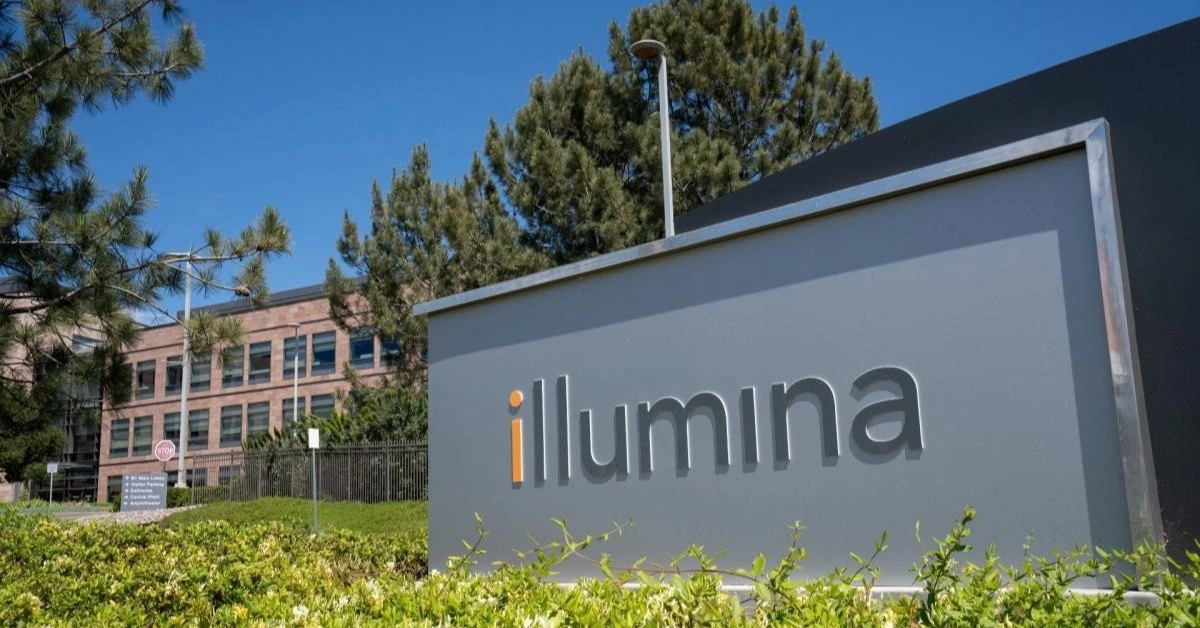
USA – Illumina, a global leader in DNA sequencing and array-based technologies, has announced the upcoming release of the TruSight Oncology 500 v2 (TSO 500 v2), an advanced version of its comprehensive genomic profiling (CGP) assay for cancer research.
Set to be globally available by mid-2025, TSO 500 v2 builds upon its predecessor with several upgrades designed to enhance the efficiency and accuracy of cancer-related genomic research.
The TSO 500 v2 assay is a powerful tool for profiling DNA and RNA, offering coverage of 523 genes and 55 RNA genes, totaling a 1.94 Mb panel size.
This expanded assay also includes important measurements such as Microsatellite Instability (MSI) and Tumor Mutational Burden (TMB).
The assay also includes an optional kit for assessing homologous recombination deficiency (HRD) status.
This is done through Myriad Genetics’ gold-standard Genomic Instability Score (GIS), which incorporates loss of heterozygosity (LOH), telomeric allelic imbalance (TAI), and large-scale state transitions (LST).
This feature makes the TSO 500 v2 a crucial tool in selecting therapies for various cancers, particularly in immuno-oncology.
Aimed at enhancing the speed and ease of genomic testing, TSO 500 v2 can be performed on Illumina’s NextSeq 550 System or NextSeq 550Dx Instrument (in Research Mode).
It can process up to eight samples simultaneously, making it well-suited for clinical research labs.
The assay promises improved performance with faster turnaround times, reduced hands-on time, and sensitive variant calling capabilities.
Its ability to cover difficult genomic regions with improved accuracy is particularly valuable for assessing rare genetic mutations and fusion biomarkers that can guide therapy decisions.
TSO 500 v2 early access customer response
Dr. Wei Song, MD, PhD, director of Clinical Genomics and Molecular Pathology at the University of California, San Diego, shared his positive experience as an early-access user of the TSO 500 v2 assay.
“We are excited to assess the new features of the TruSight Oncology 500 v2 tissue assay, such as the faster workflow, improved coverage, and lower DNA/RNA input levels,” said Dr. Song.
“Such improvements are highly relevant to clinical research laboratories and can positively affect time to results, quality of results, and the processing of challenging tissue samples.”
In addition to its key features, TSO 500 v2 includes enhanced automation capabilities and integrated data analysis through Illumina’s DRAGEN secondary analysis and Illumina Connected Insights, or Velsera’s Clinical Genomics Workspace (CGW).
These improvements aim to streamline the workflow and provide rapid, accurate insights that facilitate therapy selection for cancer patients.
The launch of TSO 500 v2 is part of Illumina’s broader effort to address the diverse needs of cancer research and clinical diagnostics.
Illumina’s oncology portfolio includes a continuum of solutions, from research-use-only assays like TSO 500 to in-vitro diagnostic options, such as the recently FDA-approved TSO Comprehensive kits.
These solutions are designed to meet varying customer needs, from high-throughput research to diagnostic applications.
Traci Pawlowski, Vice President of Clinical Solutions at Illumina, commented on the company’s ongoing efforts to enhance biomarker profiling: “In listening to our broad range of customers, we understand there are different needs for biomarker profiling, and Illumina has successfully introduced a continuum of solutions to address varying levels of need.”
At the upcoming Association of Molecular Pathology (AMP) Annual Meeting in Vancouver, Illumina will present several abstracts showcasing the preliminary analytical performance and automation compatibility of the TSO 500 v2 assay.
The company will also co-host a workshop with Bayer, discussing key challenges in precision medicine implementation and the importance of multidisciplinary collaboration for optimal biomarker detection and targeted therapy utilization.
XRP HEALTHCARE L.L.C | License Number: 2312867.01 | Dubai | © Copyright 2025 | All Rights Reserved